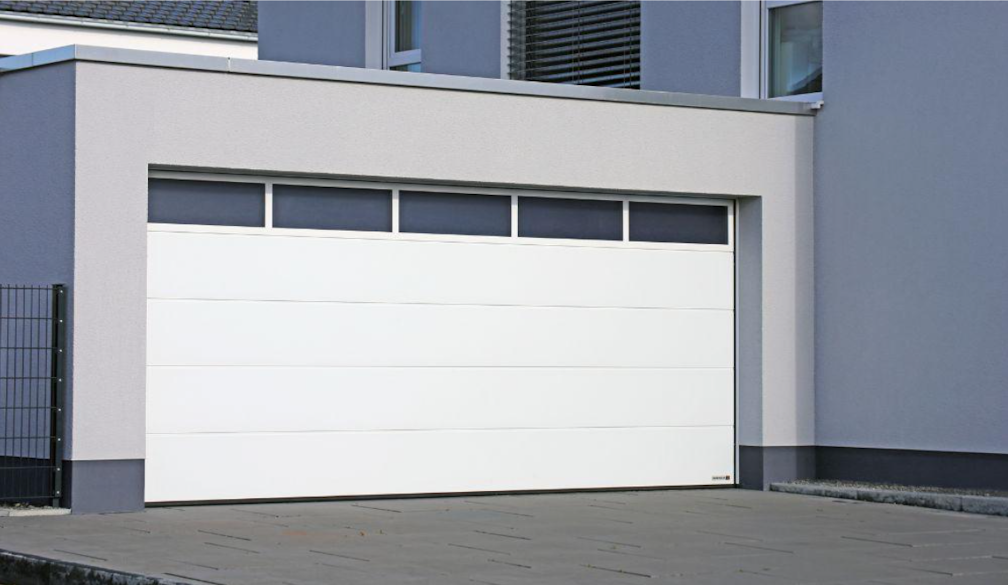Create Your Sanctuary: The Essential Upgrades for the Ultimate Home Gym, Pilates or Yoga Studio
- Written by The Women's Magazine

As more Australians prioritise wellness, balance, and flexible lifestyles, the trend of creating boutique-quality fitness spaces at home has taken off. From reformer Pilates to mindfulness-based yoga, people are turning their garages into custom-designed sanctuaries where they can move, stretch, and breathe on their own terms.
But creating a space that’s truly calming, private, and fit for purpose takes more than rolling out a mat.
To transform a standard garage into a peaceful, functional studio, two key upgrades make all the difference: a high-quality epoxy floor finish and a modern, insulated garage door replacement. These two elements elevate both the form and function of your space, creating a wellness retreat that looks great, feels good, and works hard behind the scenes.
Why the Garage Is the Ultimate Wellness Blank Canvas
Most garages offer the space and privacy needed for a home studio, but they rarely offer the right feel straight out of the box. Bare concrete floors are cold, dusty, and prone to hairline cracks. Traditional garage doors often rattle with the breeze and do little to block out noise or temperature extremes.
But the bones are good. With just a few smart changes, you can create a clean, calming environment that rivals a professional studio.
1. Epoxy Flooring: The Foundation for Clean, Calm Movement
Your choice of flooring sets the tone for the entire space. Raw concrete is abrasive, cold underfoot, and difficult to clean. Not exactly the best surface for floor-based stretching or flowing movements. That’s where residential epoxy flooring in Sydney comes in.
Professionally installed epoxy provides a seamless, polished surface that ticks all the boxes:
- Comfortable underfoot with a smooth, low-friction finish
- Dust-resistant, reducing allergens and airborne particles
- Easy to clean after a sweaty session or if equipment is moved around
- Available in custom colours to match your studio aesthetic
Epoxy also reflects light beautifully, helping to brighten the room and enhance your mood. Whether you’re into calming neutrals or earthy tones, the right floor colour can turn your space from industrial to inspirational.
2. Garage Door Replacement: Insulation, Privacy, and Peace
While the floor sets the mood, the door sets the boundary. A rattling, drafty garage door makes it nearly impossible to focus, especially during wind, rain, or when street noise creeps in. A modern garage door replacement in Sydney turns your studio into a private sanctuary.
Benefits of a new, high-quality garage door include:
- Improved insulation, keeping the space warm in winter and cool in summer
- Reduced noise, both from outside and during door operation
- Enhanced privacy, especially important if your garage faces the street
- Automated, smooth access that lets you open or close your space with a click
Pairing a quiet, insulated door with soft flooring makes the entire studio feel polished, peaceful, and truly separate from the rest of the home or the busy street outside.
3. Set the Mood with Smart Lighting
Good lighting can instantly shift a room’s energy. For a home wellness studio, consider a layered approach:
- Ceiling-mounted LED panels for even, daylight-like brightness during workouts
- Dimmable lights for slow flows or meditation
- Smart bulbs that allow colour shifting to suit your mood or routine
Warm tones can create a relaxing environment for breathwork, while cooler lighting can energise you during strength-based or HIIT sessions. Add a simple app-controlled system and adjust it all with a tap from your mat.
4. Upgrade Your Sound Experience
The right soundtrack can elevate your practice. Whether you're flowing through vinyasa or zoning out in savasana, quality audio matters.
Consider:
- Wall-mounted Bluetooth speakers for a sleek, wire-free setup
- Ceiling speakers that blend into the room for a minimalist aesthetic
- Noise-cancelling smart speakers with voice control to play your favourite playlist or ambient soundscape
Music, guided meditations, or breath cues all sound better with a system designed for the space.
5. Personal Touches to Complete the Space
Once the core upgrades are in place, add a few finishing touches to make your studio your own:
- Wall mirrors to check form during yoga or barre
- Floating shelves for resistance bands, blocks, towels, or essential oils
- Indoor plants to purify the air and bring natural calm
- A diffuser to set the tone with calming scents like lavender or eucalyptus
Final Thoughts: From Garage to Retreat
There’s something powerful about stepping into a space that’s been designed just for your body and your breath. A home Pilates or yoga studio isn’t just about fitness. It’s about having a place to reset, recharge, and reconnect with yourself without leaving the house.
By upgrading your garage floor with residential epoxy flooring and sealing your sanctuary with a garage door replacement, you lay the foundation for a space that inspires you to show up every day. Add lighting, speakers, and a few simple comforts, and you’ve got a wellness space that feels like a retreat.
Because your wellbeing deserves more than a makeshift mat in the corner. It deserves a studio that supports your practice, enhances your mindset, and reflects your commitment to self-care.










